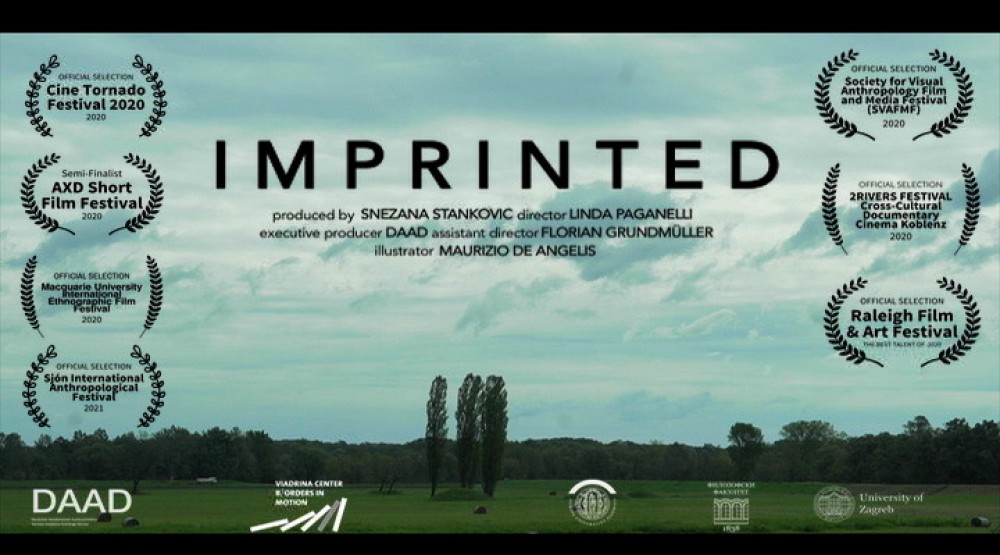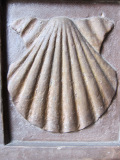SIEF2021 15th Congress
Helsinki, Finland
19-24 June 2021
Breaking the rules? Power, participation, transgression
SIEF2021 - Audio/visual programme
< SIEF2021 Thematic structure Grid List
Convenors: Anna Lisa Ramella (University of Cologne), Roger Norum (University of Oulu)
Audio/Visual Programme Selection Committee: Peter Crawford (University of Tromsø), Tom Dubois (University of Wisconsin Madison), Lotta Petronella (Independent filmmaker), Itsushi Kawase (National Museum of Ethnology, Osaka), Steffen Köhn (Freie Universität Berlin), Andy Lawrence (University of Manchester and filmmakingforfieldwork.co.uk), Fabian Lüke (University of Cologne), Moira Marklewitz (University of Cologne), Martin Saxer (Ludwig-Maximilians-University Munich), Anna-Céline Schäfer (University of Cologne), Theo Zerries (University of Cologne)
SESSION: Showing the Invisible
Wednesday 23 June
Roundtable discussion on this topic: 14:00-15:45
Imprinted

‘Imprinted’ is a short ethno-fiction that employs a non-human perspective where the main characters are spaces/lands/locations. Jasenovac (former concentration camp run by the Ustaša regime of the Independent State of Croatia/ now memorial site). Staro Sajmište - Old Fairground (former Belgrade fair/ former concentration and detention camp/ housing space for workers/ co-working space for artists/ now commercial property and urban slum). Stara Gradiška (former prison/ former concentration camp for women and children run by the Ustaša regime of the Independent State of Croatia/ former prison for political prisoners during the Communist Yugoslavia 1945-1980s/ former prison run by the Krajina Serbs during the 1990s war from 1991 to 1993/ now abandoned). The film tries to untangle the multiple layers of the contested pasts – be it in numbers of the victims or the grade of the committed atrocities. It addresses the idea of a multiplicity of truth by implicitly referring to different readings of history through political, ideological, or biographical lenses. The film argues against the reducement of the space to only one moment in the past and only one perspective. It skips the historical and political struggle for recognition that has been enduring in both countries of Croatia and Serbia since the wars (WW2 and 1990s), in moving towards memories, visions, and feelings. The film explores the WW2-former concentration camps whose past is feelingful in the present. Human and non-human dimension blend into the aural presence(s) of nature that destabilizes the privileged historical position of the human. That is why the filmic point of view does not want to be complete and explanatory but poetic and sensorial. In this way, this view multiplies in different sets of eyes through which the audience can re-approach the spaces and their never-ending pasts.
Delegate-only link:











